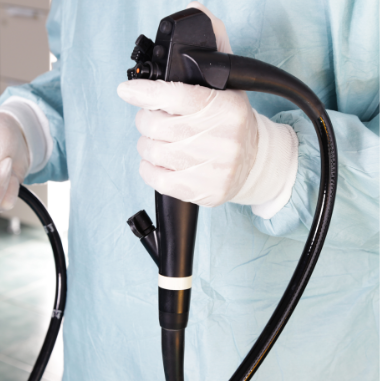IBS is a common gastrointestinal condition that affects 1 in 7 people. There is a combination of abnormal bowel habits (constipation and/or diarrhea) and abdominal pain. There may be other symptoms including bloating, distension, excessive wind, urgency to pass a motion, fatigue.
The condition may be related to gut hypersensitivity, an altered gut motility (peristalsis), an altered microbiome, or a “leaky”gut. There is increasing recognition of the gut as being as “second brain” and the importance of the mind-gut interaction.
It is important to consider the possibility of other pathology which would be treated differently such as coeliac disease, inflammatory bowel disease (Crohn’s disease or Ulcerative Colitis) or endometriosis. Investigations often involve blood and faeces samples, colonoscopy and MRI (magnetic resonance imaging).
Management strategies for IBS may include:
- Diet changes for example low FODMAPs
- Stress management
- Over the counter therapies for acute symptoms for example Mintec, Gastrostop, Benefiber, Gastrostop
- Longer term prescription medication
- Cognitive behaviour therapy
- Gut directed hypnotherapy
Initial assessment and strategies are usually undertaken by your GP or family doctor, a referral to specialist occurs if there is a concern for other diagnoses or for management issues






